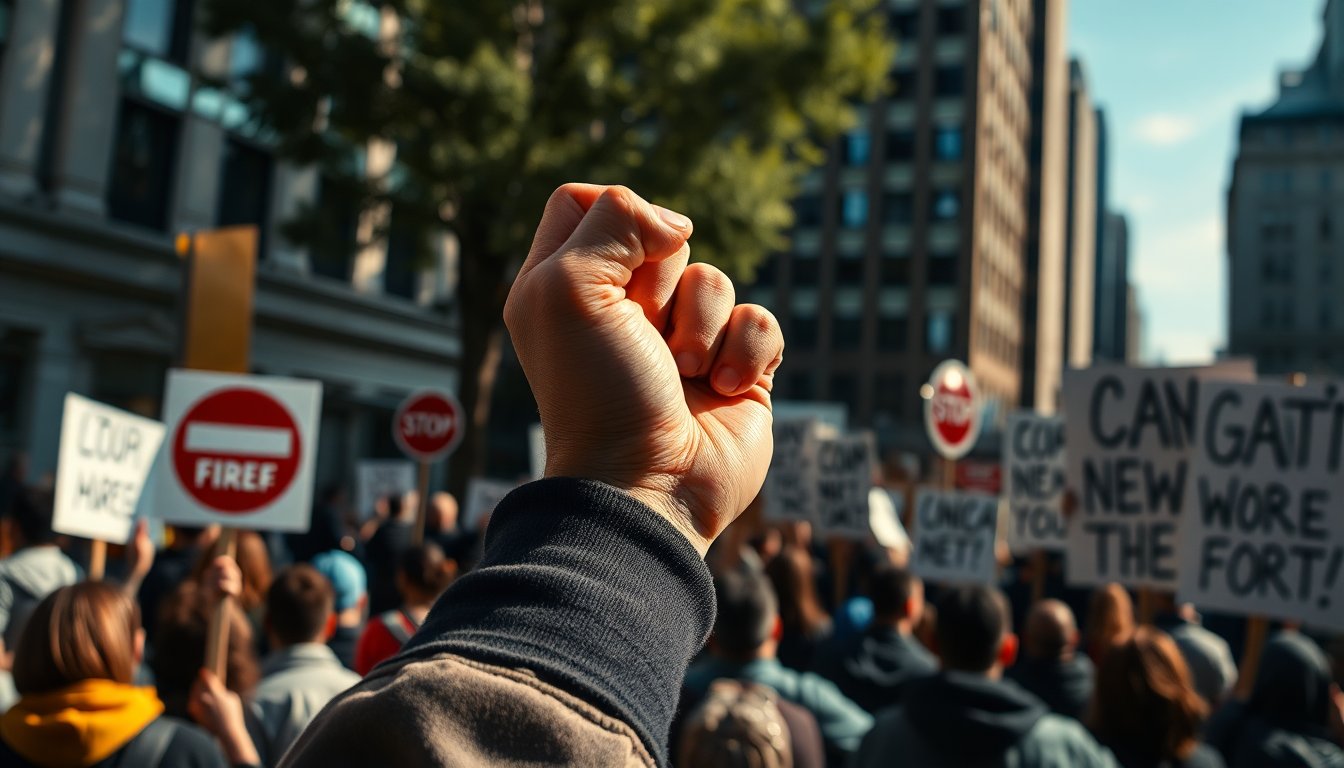Table of Contents
In today’s charged political climate, the ramifications of political violence extend beyond the immediate victims, impacting society as a whole. This reality was starkly highlighted by comedian Michael Rapaport, who recently spoke out against the disturbing trend of celebrating violence against political figures, specifically referencing the assassination of conservative activist Charlie Kirk. Rapaport’s impassioned response serves as a wake-up call, emphasizing that no one is immune to the consequences of political hostility.
The Dangers of Normalizing Political Violence
Rapaport’s remarks came during an episode of his podcast, where he condemned the cheering and celebratory attitudes displayed by some public figures following Kirk’s tragic death. This normalization of violence poses a significant threat to the fabric of our society. When individuals in influential positions publicly endorse or laugh about such violent acts, they inadvertently signal that such behavior is acceptable. Rapaport articulated this concern by stating that anyone—including those who may believe they are safe—can find themselves in harm’s way, regardless of their political affiliations. He emphasized, “Anyone can get touched in a way that we do not want to get touched.” This assertion speaks volumes about the unpredictable nature of political violence and the collective responsibility to condemn it unequivocally.
Furthermore, Rapaport’s call for accountability extends to those who wield social media influence. In an era where the lines between public and private discourse are blurred, the impact of one’s words can reverberate far beyond their intended audience. Public figures must recognize that their statements can incite actions or attitudes that lead to real-world violence. “If you’re a news broadcaster, or a pundit, you have a social media platform… you excuse or belittle that this man was shot in cold blood in public, it could be any one of us,” he warned. This acknowledgment of shared vulnerability underscores the need for a more responsible approach to public discourse.
Public Reactions and the Broader Implications
Rapaport’s condemnation of Kirk’s assassination also reflects broader societal implications. The tendency to celebrate violence against political opponents is alarming and indicates a deepening division within society. Rapaport noted that the responses to Kirk’s death were not confined to a single political group; they spanned various demographics and ideologies. This observation points to a troubling reality: the celebration of violence is not limited to one side of the political spectrum. Instead, it reveals a widespread desensitization to violence that transcends political boundaries.
As Rapaport aptly put it, “I’ve seen horrible people celebrating the death of Charlie Kirk… I guarantee you, if you went through all of them, they’re not all on this side, and they’re not all on that side.” This statement reflects a critical truth: the potential for political violence exists in all corners of society, and the celebration of such acts can have dire consequences. This normalization can lead to an escalation of violence, creating a cycle that could ultimately jeopardize the safety of all individuals, regardless of their political beliefs.
The Path Forward: A Call for Responsibility
In light of these events, it is vital for individuals, especially those in the public eye, to reconsider their rhetoric and the potential consequences of their words. Rapaport’s strong stance serves as a reminder that celebrating violence is not only morally reprehensible but also dangerous. “To not fully condemn what happened to Charlie Kirk is unacceptable,” he stated, highlighting the imperative for collective outrage against such acts.
Ultimately, the responsibility lies with each of us to foster a culture that rejects political violence in all forms. By speaking out against such actions and encouraging open dialogue, we can work toward a more respectful and peaceful political environment. As we navigate this complex landscape, it is crucial to remember that the celebration of violence threatens the very foundation of our democratic society and endangers everyone.


